Wireless electrical power transfer or induction is not a new technology and there had been several devices in the past that used such technique. Wireless charging or technically known as inductive charging uses an electromagnetic field to transfer energy (which in this case is electricity) between two objects. The electricity is sent through inductive coupling (usually wires wind into coils) to an electrical device, which then can use that electricity to charge the batteries or power the device.
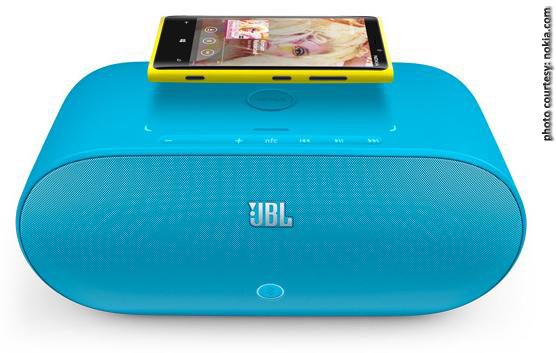
Wireless charging basically needs a wireless charging plate that is connected to a power source and a device with an induction receiver.
Recently, Nokia launches an innovative phone model, the Lumia 920 which utilizes the wireless charging technique in addition to the fully-packed features of the latest Windows 8 phone. Lumia 820 also feature wireless charging but needs a wireless charging shell (a housing-like accessory sold separately) to enable the function.
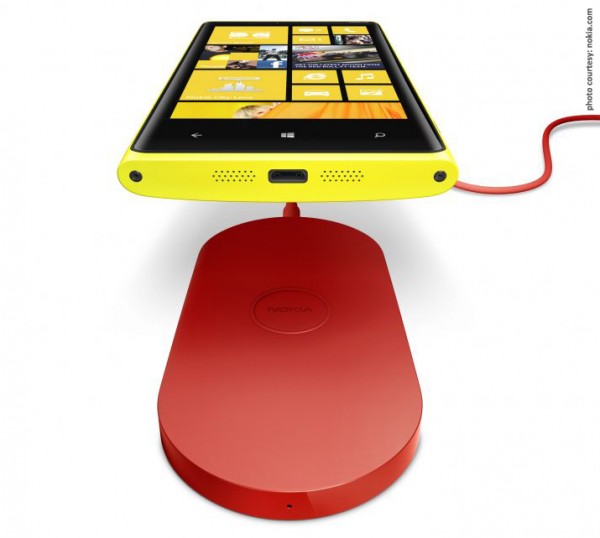
The wireless charging system of Nokia is Qi-compatible which means that you can use any other Qi-compliant wireless chargers out there.
Qi, by the way, is a proprietary interface standard developed by the Wireless Power Consortium for wireless electrical power transfer over distances of up to 40 millimetres (1.6 inches). The Qi system comprises a power transmission pad (which connect from the power source) and a compatible receiver installed in the device.
Nokia Lumia 920 and 820 is soon to be released this October.


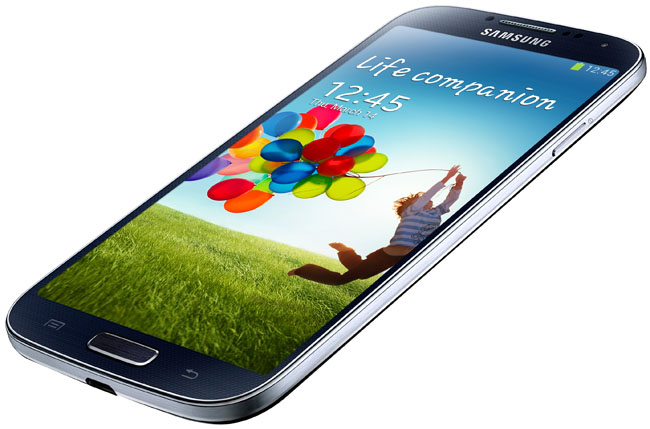
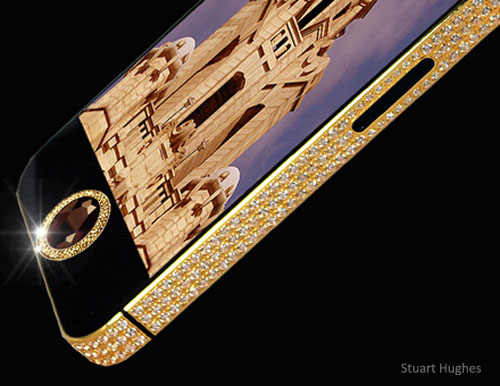
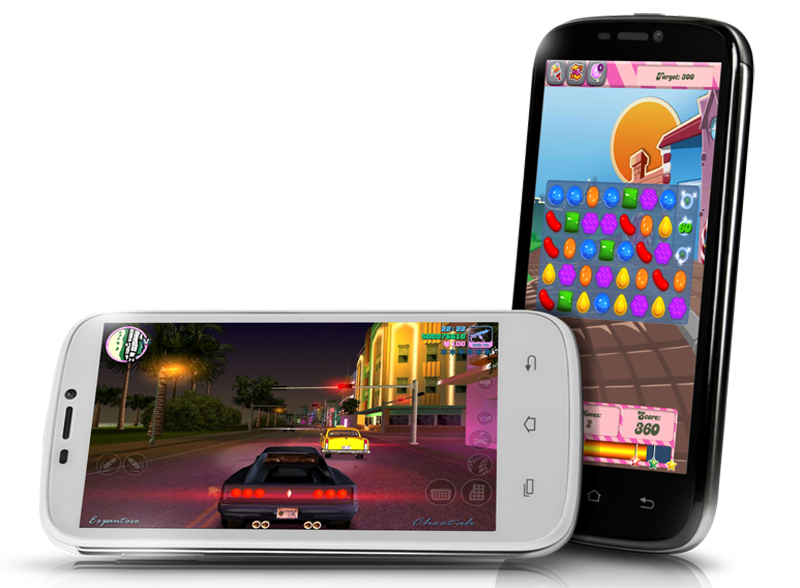
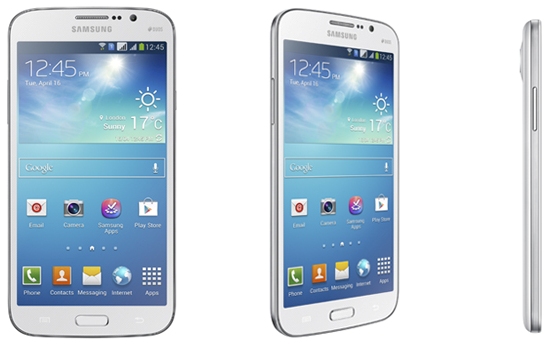
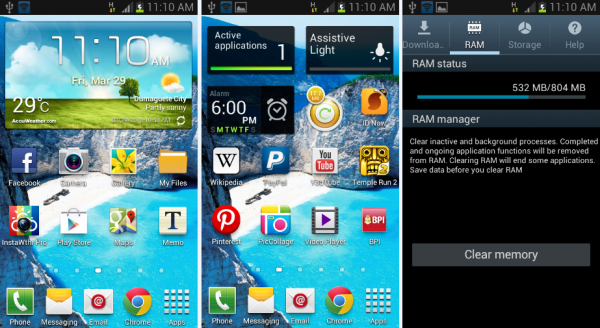
Leave a reply